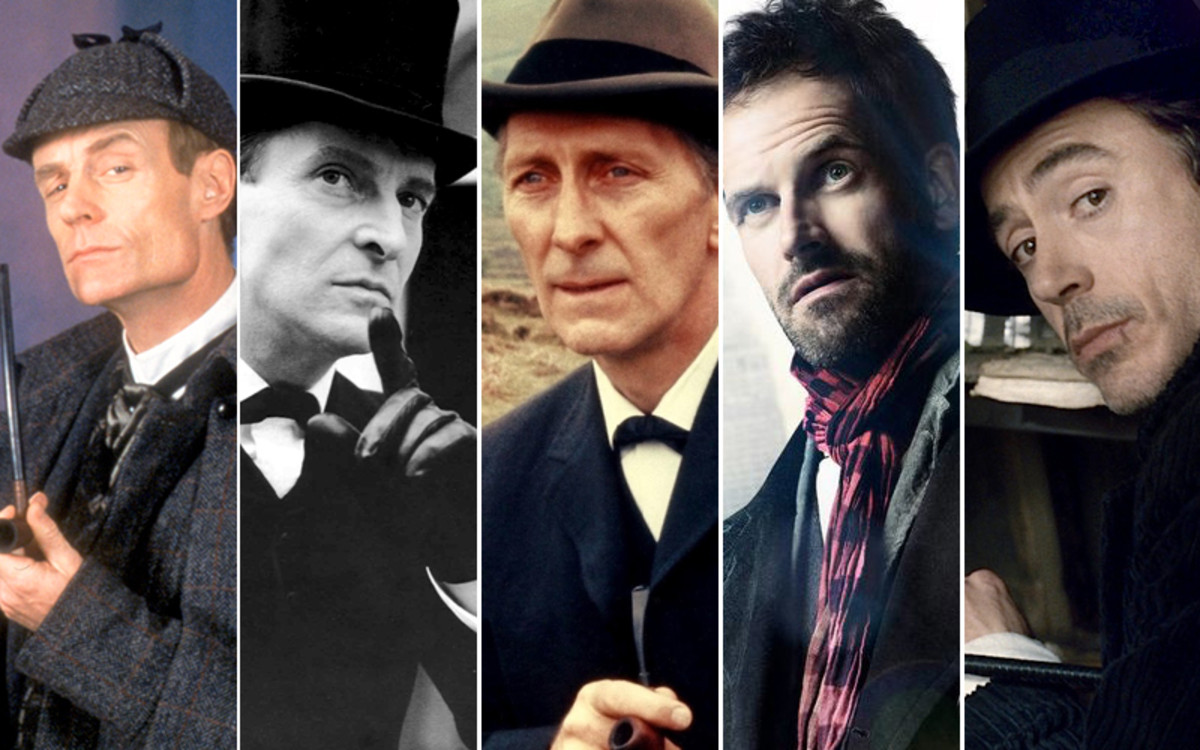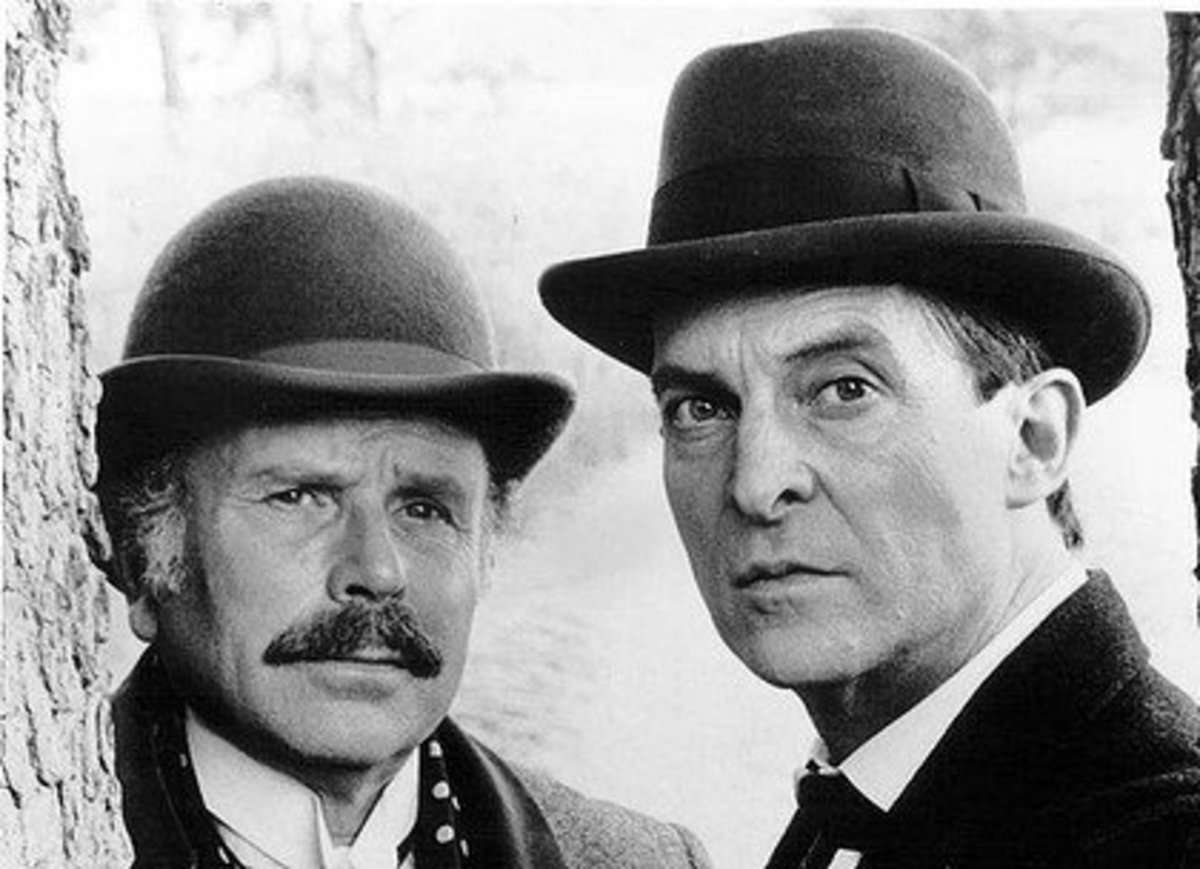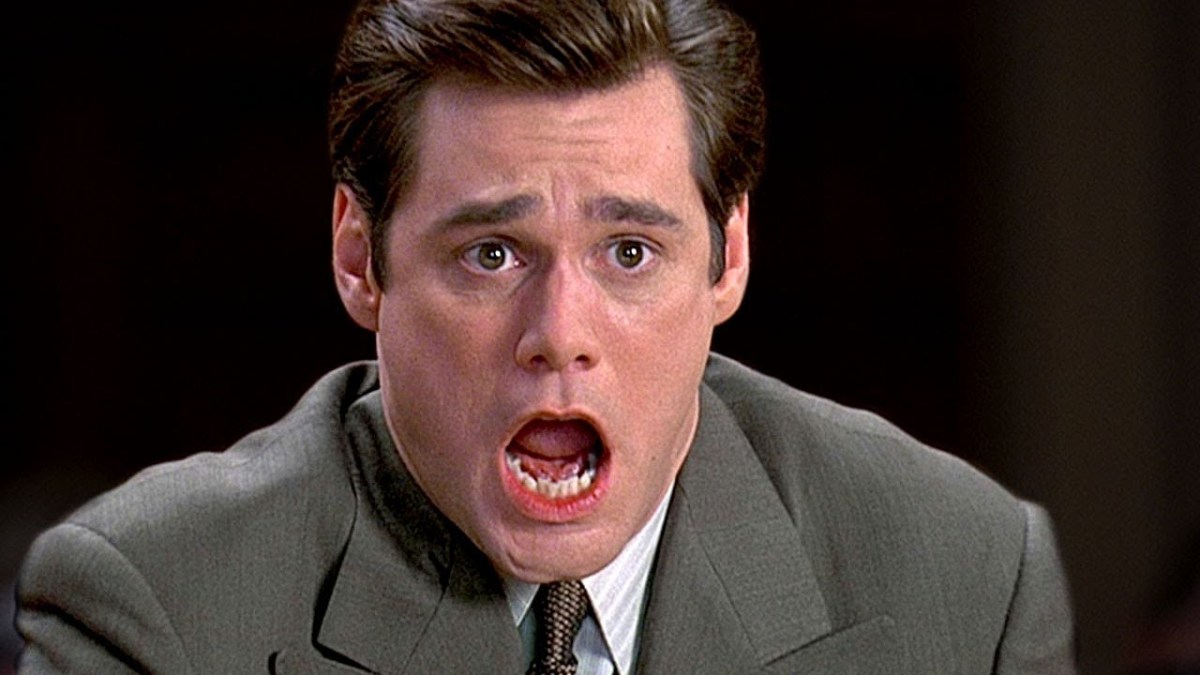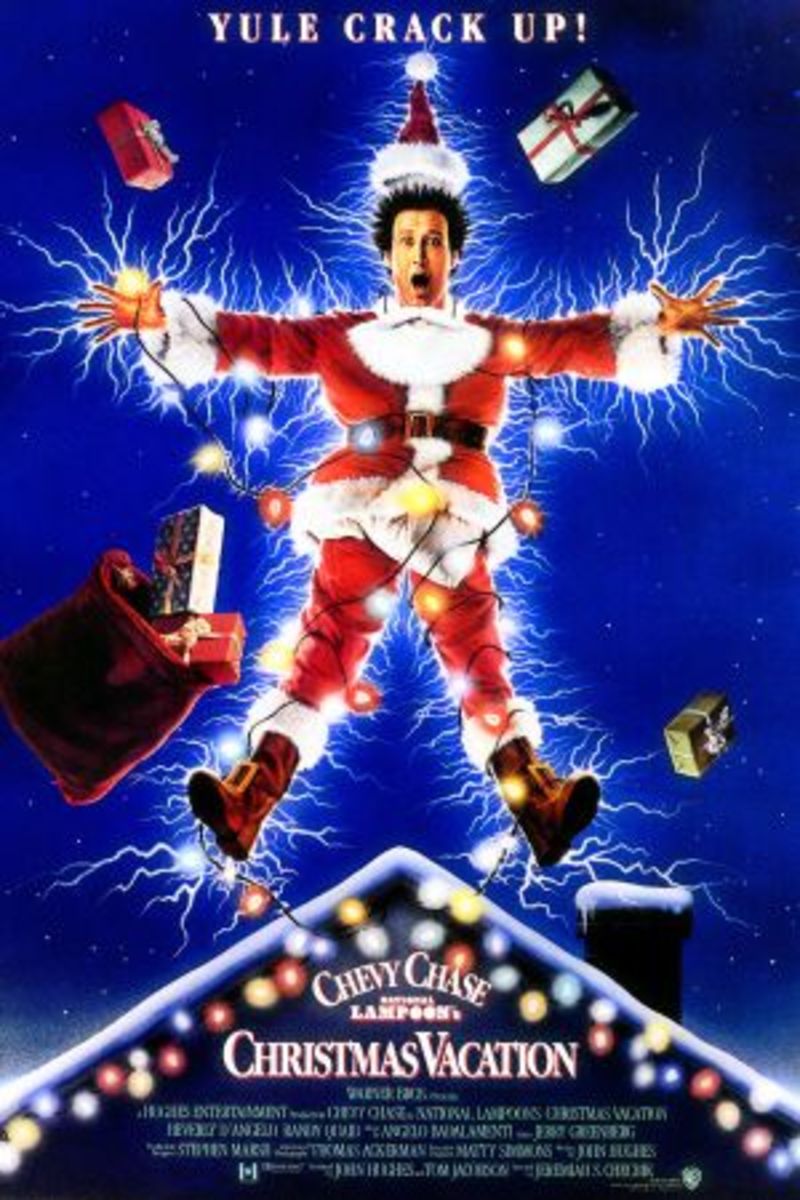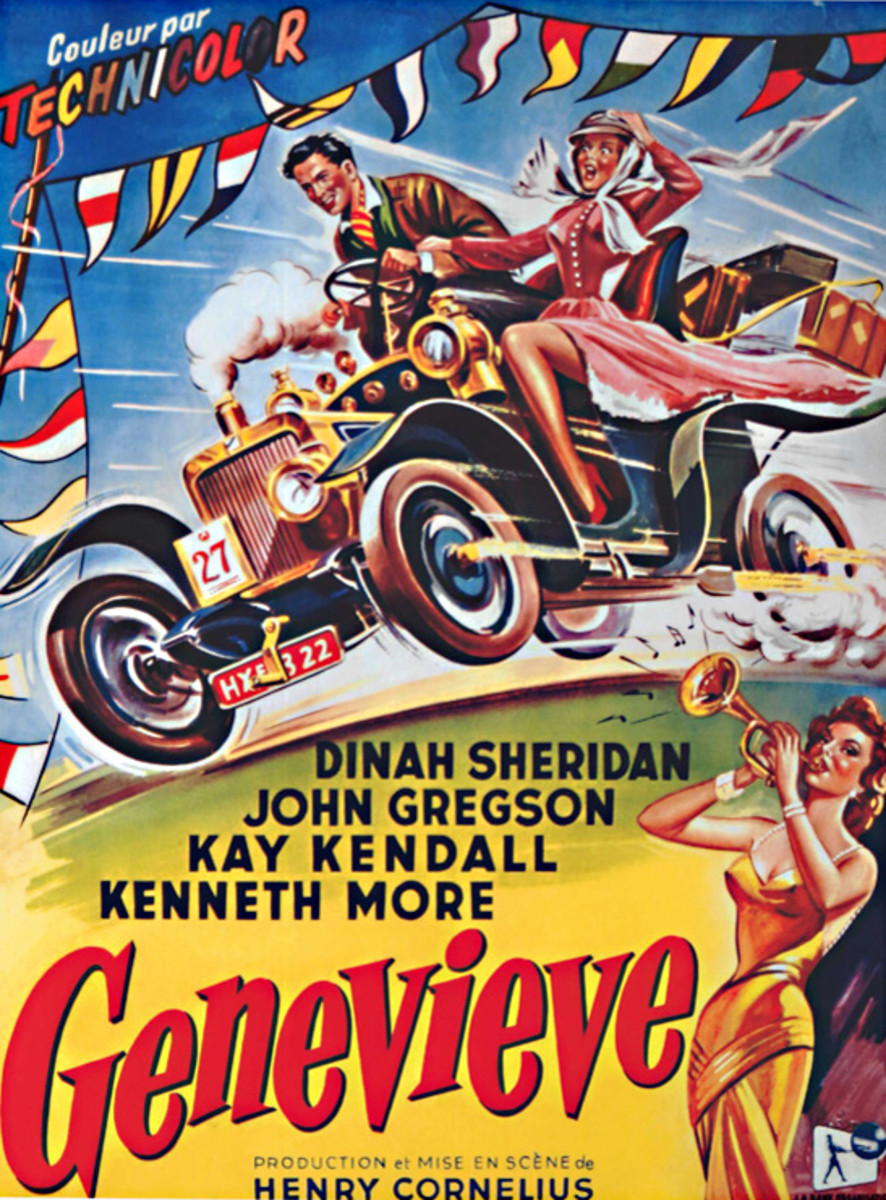Holmes and Watson (2018): A Movie Review
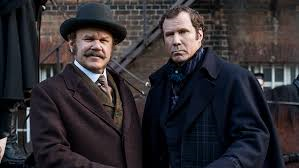
I make it a rule, here on Hub Pages, not to review a film that has already been, or is sure to be mass-reviewed --- UNLESS I believe that I can add something new and different to the body of critique.
Where to begin?
First of all, if this film is meant to be a parody of the characters of Sherlock Holmes and John Watson, --- then it would appear that nobody told the filmmakers what a parody is.
A parody is supposed to exaggerate real and true characteristics of the subject. You are, effectively, showing the person through the lens of a behavioral funhouse mirror. The key is to exaggerate and distort in some way, not invent.
Holmes and Watson (2018) presents what I am going to call a "buffoon-erization" of a couple of beloved and cherished characters, not a parody.
For instance, there is a scene where Watson and Holmes meet the Queen of England. Holmes makes a thin pretense of dignity, but John Watson gushes over her like a celebrity-obsessed teenaged girl.
Desperate to memorialize the event, they take a photograph of her with them (I can't be bothered to go into the "self-photograph" details). Stuff happens subsequently that is meant to be comedy.
However, since celebrity-obsession is not part of any known character profile of either Sherlock Holmes or Dr. John Watson, this scene in the movie, with the Queen is not parody, but "buffoon-erization."
Parody is funny because it is rooted in something real.
Buffoon-erization is not funny because it is invented out of whole cloth.
For this reason, parody fulfills the conditions for a joke to happen.
For this reason, as well, buffoon-erization does not fulfill the conditions necessary for a joke to happen.
By the way, what is a joke?
Here is how I typically define a "joke":
A "joke" is comprised of set-up and punch line. Very simple.
The set-up is the presentation of a seemingly serious expectation (I'm skipping a half-step for the sake of brevity), which is undermined in a clever, unexpected way --- this would be the punch line.
Buffoonery is a punch line without an originating set-up. What is a punch line without a set-up? Why should we laugh? What is the expectation that is being undermined?
Detour: Some Irresponsible Speculation
Question: How is it that unfunny Hollywood comedy movies get made and released into theaters?
How does that happen?
On the other hand, these alleged comedy movies must be funny to somebody, must they not?
I am going to offer a theory I call: Group Inside Joke Outer World Dissociation. If you can come up with a better term, please leave it in the comments.
Have you ever happened upon a group of friends or acquaintances, and you find them laughing at something? In this situation you ask them what is so funny, and they say to you that it's an "inside joke."
You may feel a slight, initial twinge of rejection, but you soon realize that they are doing you a favor. They realize that there is background context which you were not privy to that makes the punch line meaningful.
Even if they took the time to explain the background set-up (which, mercifully, they do not in this case), they know that the joke would still "lose something in translation," the contextual stuff was most effectively heard and experienced in "real time," as it were.
Now, keeping all of that in mind, stay with me.
One thing I always like to say is that one way to critique a movie is to ask yourself the following question: What if this movie were a person? How would this person be effecting me? How would I feel about her? Would this embodied film be a person I liked, hated, or felt indifferent toward?
Having said that, imagine this...
Suppose a group of friends came up to you, laughing hysterically, and they said: "... and Bingo was his name-o." Followed by more hysterical laughter.
Suppose at another instance, this same group of people came to you, laughing hysterically, and then saying: "... and the man wearing the hat was Gary!" Followed by more hysterical laughter.
Suppose, another time, they came to you laughing hysterically, and they said: "... and the girl on the horse was wearing a checkered scarf." Followed by more hysterical laughter.
And finally, suppose, for example, that this group came you, laughing hysterically, and they said: "... because her husband was eating crackers in bed." Followed by more hysterical laughter.
What is going on with the four examples above?
Well, what is going on is that our group of hypothetical macaroni heads are coming to you, spouting punch lines, their random nature made so due to the fact that they have withheld their contextual set-up from you, so that you do not know what in Sam Hill is so funny.
Now imagine if people acted like this in real life!
Suppose you went to some town and were assaulted like this on a regular basis by the inhabitants. You could be forgiven for thinking that, perhaps, something in the water caused some kind of mass-scale neurological disorder.
However, I believe that this is precisely what many Hollywood comedy movies do.
They broadcast a series of punch lines, whose contextual set-ups took place either behind-the-scenes, which is to say, off camera; or is contained in so-called deleted scene footage.
Apparently such projects are carried through on the momentum of how much fun the cast and crew had in making these films. And, apparently, the force of this momentum is so overwhelmingly powerful that few, if any, critical voices are raised (and if they are, they are not heeded) to say: Hey wait a minute! Are millions of strangers, outside of our clique going to appreciate why x, y, and z are supposed to be funny?
One question I asked myself throughout the film was: Why is Will Ferrell wearing that stupid expression on his face?
His stupid expression, which Mr. Ferrell wore for the entirety of the film, is clearly the punch line to something --- but to what, I have no idea.
Whose fault is it, anyway?
Who or what is to blame for Holmes and Watson (2018):
- Bad writing (script)?
- Bad direction?
- Bad editing?
- Bad, non-initiative-taking acting?
What happened here?
Editing
What would "better editing" have looked like?
Well, "better editing" would have run the peril of adding to the running time of the film, by the sheer act of decently making "inside" jokes outside jokes, by adding on-screen the contextual set-ups of all the punch lines Holmes and Watson broadcast.
Would this have been a good thing or a bad thing?
Let's go back to the stupid expression that Mr. Ferrell (Holmes) wore on his face for the entirety of the film.
Those of you who, like me, saw the American version of this film (as opposed to the British/International version), will remember the opening scene:
A young school boy, Sherlock Holmes, is bullied unmercifully. He is put to a final humiliation before he un-cries a tear (don't ask) and goes into unfeeling, logical mode, using his newfound powers of deduction to figure out all the violations of school policy his fellow students were guilty of, and thus get them all expelled.
Now, is the stupid expression on Will Ferrell's face in this movie, connected to that --- in that he is "parodying" the stern expression routinely found on the face of whatever actor played Sherlock Holmes in film? *Basil Rathbone is one the most famous portrayers of the legendary private consulting detective.
If that is true (and this is no excuse), then I must beg the question: Does this, therefore, mean that Holmes and Watson (2018) is meant to be a "parody" of an entire sub-genre of film, the Sherlock Holmes films of the 1930s, 1940s, and 1950s?
In other words: Is Holmes and Watson (2018) meant to be an entire sub-genre or genre parody?
But that cannot be true because of all of the anachronistic futuristic references (again, don't ask, but recall that the film is set in the late nineteenth-century, Victorian England).
Acting
Would better acting, on Will Ferrell's part, have prevented him from using that stupid expression on his face?
That is hard to say. But one could make the argument that, given the lines he was compelled to say, and the incongruous, distasteful, and bizarrely unfunny situations he, his character, was put into, he had no other choice that to portray the character of Sherlock Holmes the way he did (stupid expression on his face).
In other words, this is not a movie that would have allowed Will Ferrell the subtle, tongue-in-cheek approach used by Robert Downey, Jr. (from two other Guy Ritchie-directed Sherlock Holmes films).
What exactly do I mean by this?
There is a scene where Holmes and Watson meet the Queen of England, for some reason (don't ask). Holmes and Watson --- especially Watson --- are huge fan boys of the Queen.
To memorialize the event, they take a "self-photograph" ("selfie") of Her Highness. They accidentally knock her out, thinking that they have killed her (again, don't ask). They go through a sequence in which they are trying to figure out what they are going to do with the body.
Now, at one point they decide to try shoving her body into a trunk.
During the course of this exercise, at one point, Watson tries shoving her body into the trunk, using his pelvis pressed against a part of the Queen's anatomy: that's as far as I am going to go with that.
Question:
- If the joke "set-up" is the fact of Watson's fan boy adoration of the Queen of England, --- is the "punch line" necrophilia?
- In other words, are we supposed to laugh at the fact that Watson's love of the Queen knows no bounds, including necrophilia?
If that is the case, this movie confuses a punch line, as something that cleverly undermines an expectation, with something that is merely an exponential confirmation of an expectation.
Acting (continued)
The aforementioned scene continued and offers us another "punch line."
Holmes and Watson finally decide that they have to get rid of the Queen's body by dismembering it, cutting it up into little pieces, which would, presumably, make it easier to dispose of.
Now:
Joke set-up: Holmes's and especially Watson's Queen fan boy adoration
Punch line #1: Watson's necrophilia
Punch line#2: Holmes and Watson almost become a pair of psychopathic, cannibalistic serial killers.
So, once again, this is not a proper joke because the "punch lines" do not, in any way, undermine expectations, they exponentially confirm them. The "punch lines" simply roughly chart the well-known trajectory that some severely disturbed individuals, in real life, take when they develop an obsession with a celebrity.
What else could poor Will Ferrell do?!?!?!?!?
Directing
Could better directing have prevented Will Ferrell from wearing that stupid expression on his face?
I don't see how. There is an awful lot of... of... incongruence, let us say, to overcome here.
Remember, the scene with Holmes and Watson and the Queen is not proper parody because there is nothing in their real, known character profile that, in any way, suggests celebrity-obsession on the part of Sherlock Holmes and Dr. John Watson.
Everything else that follows from that is "fruit of the poisoned tree."
Writing
Could "better" writing have prevented Will Ferrell from wearing that stupid expression on his face?
Look, I am not going to criticize anybody's writing skills. I am going to take it for granted that this film's writers wrote the film that they were asked to write by producers and the studio.
All I'm going to say is that Holmes and Watson (2018) should have been an origin story, in the same vein as Batman Begins, set in the same universe as the two previous Guy Ritchie-directed Sherlock Holmes films. There are certain features of Holmes and Watson (2018) that actually point in that direction.
It looks like we are not going to solve the mystery of Will Ferrell's stupid expression, in this movie, with one Hub Pages essay.
Anyway, thank you for reading!


